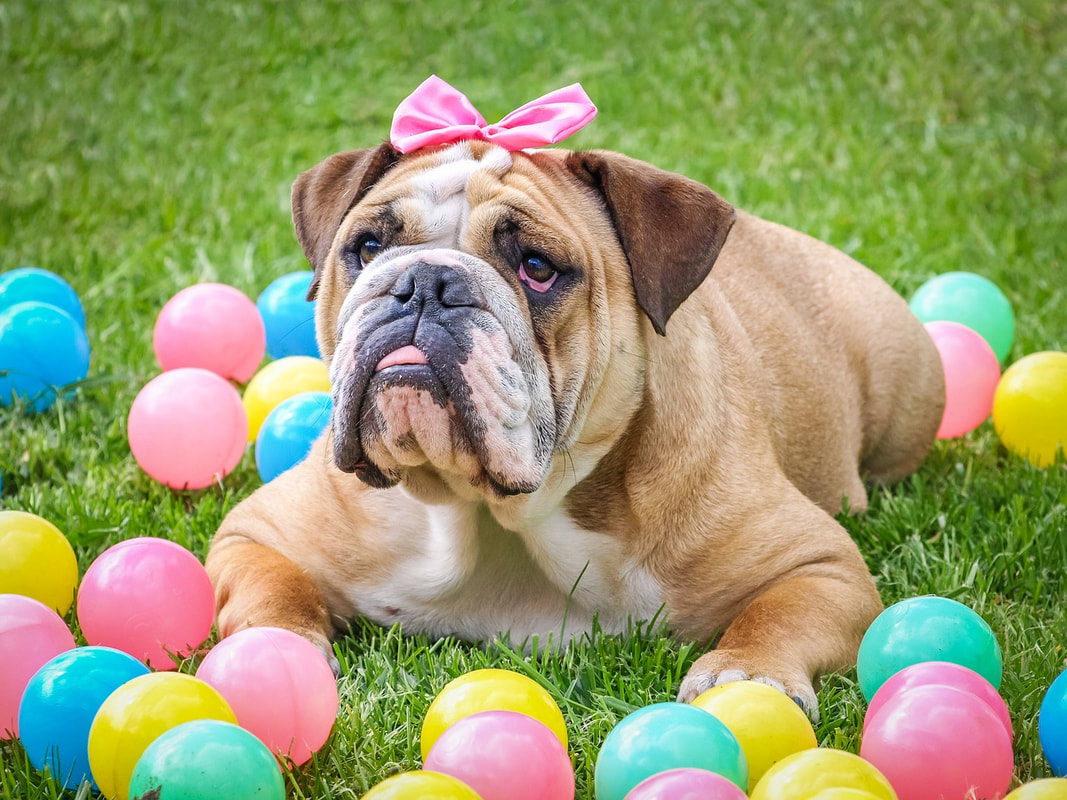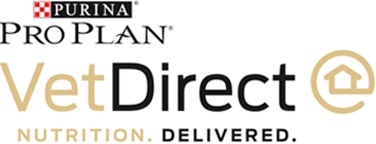|
As many families prepare to celebrate Easter this weekend, it’s important to keep in mind that this spring holiday may pose potential hazards for our furry friends. Before you hide eggs in your yard and decorate your home, please read this list of the top four most common Easter Dangers.
Plants – Poisonous plants were the second most common cat toxin in 2010, representing about 14 percent of feline-related calls. True lilies (Lilium and Hemerocallis spp.), including the Tiger, Day, Asiatic, Easter and Japanese Show lilies, are among the most deadly and cause kidney failure in cats. Because these flowers are fragrant, inexpensive and long-lasting, florists often include them in arrangements. Small ingestions of two or three petals or leaves – even the pollen – can result in severe, potentially irreversible kidney failure. Immediate veterinary care is imperative. Despite their name, other plants such as the Peace, Peruvian and Calla lily are not true lilies and do not cause kidney failure. Instead, these plants contain oxalate crystals that can cause minor symptoms, such as irritation in the mouth, tongue, throat and esophagus.
0 Comments
Leave a Reply. |
AuthorAntelope Valley Medical Center Team archives
June 2024
Categories |


 RSS Feed
RSS Feed
